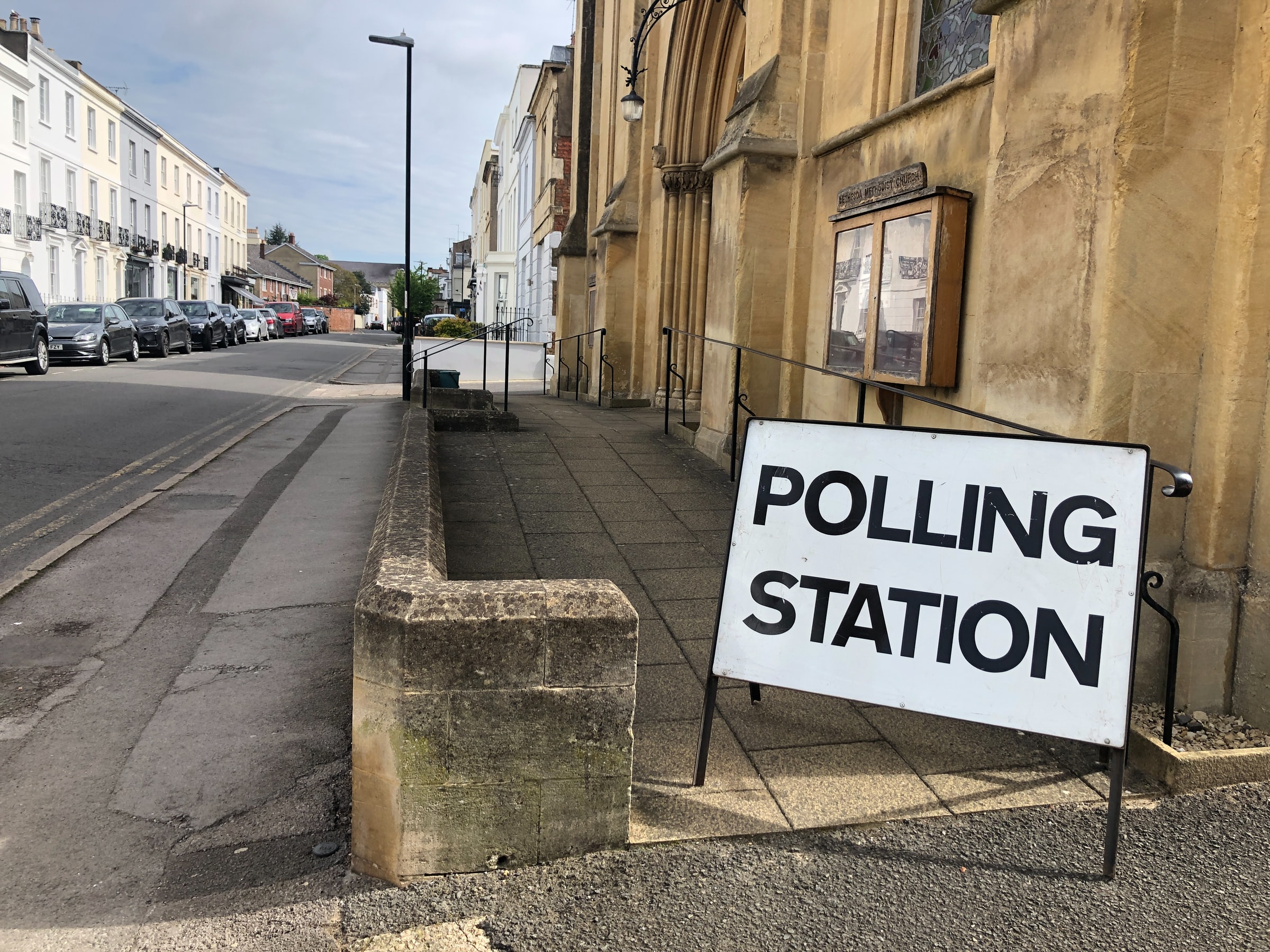
Comment Writer Lance Morris discusses the recent change in the Labour Party’s leadership, and how Keir Starmer is tackling issues head-on
The first 100 days has huge symbolic significance in the United States for judging the start of a Presidency, it is viewed as laying the foundations for the entire term. For Keir Starmer, it has been easily the most unique first 100 days any UK party leader has had in quite some time. His election victory speech on April 4th to become Labour Party leader was not before a cheering conference hall, but a video camera whilst the country was in lockdown. The country understandably has been focused on the government’s daily press conferences about coronavirus and therefore it seems that many did not notice that the leader of Labour had changed. Yet the change has been significant, both in tone and practice. Seeking to differentiate himself from his predecessor Jeremy Corbyn, Starmer talked on day one of bipartisanship, claiming that Labour will ‘engage constructively with the government’ and avoid ‘scoring party political points.’
Yet five weeks later, Starmer seemed to be attacking the Tories head-on as the coronavirus pandemic worsened and the government floundered. He slammed Boris Johnson for failing to provide ‘clarity and reassurance,’ an attack which has summed up the contrast in style between the two men thus far. At Prime Minister’s Questions, he claimed that the PM ‘either dodges the question or he gives dodgy answers.’ It seems unlikely that Starmer would have wanted to move from talk of working together to brutal attack lines so quickly, but as the UK’s faith in its government has weakened, he has sought to adapt his approach accordingly.
Starmer seemed to be attacking the Tories head-on as the coronavirus pandemic worsened and the government floundered
His analytical, barrister-style questioning of the PM has gained him wide praise in the media, exposing the lack of detail and coherence of the government’s strategy. His net approval ratings have proven this, overtaking Boris Johnson’s by quite a distance. So is Labour on its way back into government? Well, not exactly. The General Election polling has the current Conservative government roughly six percent ahead of the opposition, roughly what Ed Miliband lost by in Labour’s shocking 2015 election defeat.
The gap between Starmer and the Labour Party is about trust. Large swathes of the public, according to the polls, do not think the Labour Party is trustworthy. Many of these same voters, however, seem to trust Keir Starmer. According to a survey by YouGov, 40% of the public think Starmer is a Prime Minister in waiting. This paradox is the key to the real challenge that lies ahead for the new Labour leader. It is part of the reason why he took no time to contemplate over the decision to sack Rebecca Long-Bailey, a key Corbyn ally, over her sharing and endorsing an article containing an anti-semitic conspiracy theory. Sacking Long-Bailey risked widening the divide within the party between moderates and those further to the left, but it was a calculated risk. The Labour Party’s reputation was dragged through the gutter over their inability to handle antisemitism within their ranks, and now Starmer is charged with the cleanup operation. He clearly understands he has zero chance of winning voters back without this kind of swift, decisive action.
The Labour Party’s reputation was dragged through the gutter over their inability to handle antisemitism within their ranks, and now Starmer is charged with the cleanup operation
The next hurdle will be actually creating a political identity beyond opposition to Boris Johnson’s seemingly chaotic populism. The political ideology behind the man still remains a mystery to the public. Unfortunately for Starmer, using the government as a common enemy will not unite those in Labour under one banner. Tough decisions will have to be made. Chief amongst them is finding a balance between convincing the public this is a fresh start, whilst still keeping in place some of the more popular elements of Corbyn’s message on inequality and fundamental change. A Labour rebuild will fail spectacularly if it cannot bring along those who elected Corbyn leader, not once but twice. It is also a completely different economic landscape to 100 days ago. Johnson’s pre-election spending plans sought to show the country that a new type of conservatism has arrived. Now, with the economy seemingly in the tank, the PM and his young Chancellor, Rishi Sunak, have taken up spending policies which, if proposed by Labour, would have likely caused all hell to break loose in the right-wing tabloid media. It leaves less room in which for Labour to push for more spending, but I believe there is still a space for a faster, bolder rebuilding vision for Britain.
It is important to remind ourselves the next election is not scheduled until 2024, and to remember how our world turned upside down in a matter of weeks. Time is on Starmer’s side though, as he will need all of the next four years to rebuild the Labour party reputation as a party of government and not protest. However, it will have been 14 years straight of Conservative governments by then, so the demands by Starmer from the left will not simply just be progress, but potentially a victory. For this, the jury is still out.
_____________________________________________________________________________________
Like this story? See below for more from Comment:
Are Cabinet Ministers Out of Touch?
Transparency and Trust Are More Important Than Ever, The Westferry Planning Row Proves it
Comments